Hi all,
Our next round of free-range meat is available for sale now, to be picked up from the 6th of April. If this interests you, please place an order here.
In preparing for this, it has occurred to us that we haven’t spent enough energy engaging with our network to explain why we farm animals at Green Connect. I feel like it’s time we do this. This conversation is particularly important as we understand that some members of our community are uncomfortable with us producing and selling pork, lamb and eggs.
Creating a fair food future relies on people who think deeply about the food that they consume. If you are one of the people who chooses not to eat animal products for ethical reasons, you are among those who have thought the most deeply about your contribution to the food system, and you should be commended for that.
I’m someone who has done a lot of thinking about what a fair food system could look like, and I see all the negative impacts that the wrong type of animal agriculture has on our environment and the wellbeing of animals themselves. But I also see how the right type of animal agriculture, integrated into diverse agro-ecologies, can play a hugely positive role in rehabilitating landscapes and creating a more sustainable food system.
I’m not writing to change people’s minds. Rather, I feel like I owe it to our community to explain why we have chosen to farm animals at Green Connect. So here we go…
Not ‘putting all our eggs in one basket’ – diversifying our income streams to create a resilient business.
Green Connect aims to create employment opportunities for former refugees and young people in the Illawarra in industries that help the community and the planet. In order to do this, we need to grow our income. The bulk of our income at Green Connect Fair Food comes through the sale of veg boxes – so thanks to all those who are subscribers! We have aims of increasing our veg box numbers, but increasing sales has always been a slow process, and it takes time to build up community interest in sustainable fruit and veg. While we’re waiting on community interest to catch up, we can tap into a demand, mostly among our existing veg box customers, for free range eggs, pork and lamb. Diversifying our product offerings in this way increases our resilience to external shocks, and therefore keeps the employment of our staff more secure.
Using animals to regenerate our agricultural land.
We choose not to use synthetic fertilisers on our soil, because the use of these chemicals decreases the productivity of the soil over time. But it would be naive of us to think that we can grow modern crops without enhancing the nutrition of our soils in some way. Vegetables need their nitrogen, potassium, phosphorus and other micronutrients from somewhere. Yes, these nutrients exist in the soil naturally, but they will quickly disappear if not replenished. You can’t expect to grow kale in the same soil, year after year, without feeding the soil. The most sustainable way to replenish these nutrients in the soil is with animal manure. Rather than constantly bringing in manure from external sources, we choose the more efficient and sustainable method of rotating our animals through the farm, building the soil profile at a landscape level as they go.
Sustainable weed and pest management
Like synthetic fertilisers, we choose not to use chemical based herbicides and pesticides due to the systemic damage that they can inflict on our ecosystems. We manually weed through our active crops, but these systems only cover 20 per cent of the site. The other 80 per cent of our land, if left unmanaged, will become overrun with weeds, which will burst into seed and cause havoc in our market garden and make problems for the wider community. As we don’t want to spray herbicides and would prefer not to use petrol powered lawnmowers, our best and most sustainable option is to have the animals take care of the weeds. The sheep will munch them down, and the pigs will then come through and chew at their roots. The problem weeds get fed to the chickens, turning unwanted weeds into valuable fertiliser. Because of the pigs’ obsession with eating the rotting plant roots, they reduce the spread of root based fungal diseases. And when a pest infestation impacts a crop, these crops are thrown to the chickens – who go right for the insect eggs in search of protein, therefore stopping their reproductive cycle.
Productive use of marginal land and limited water resources
Anyone who has visited out farm will know it is far from an easy terrain to navigate, let alone farm. There are many areas of the site (people told me the whole site – but we’ve proved them wrong) that are too steep, too rocky, or too harsh an aspect to grow vegetables or fruit trees on. But we can make use of this land by grazing our animals through it, rehabilitating it in the process. The recent drought came very close to exposing the vulnerability of our market garden should water become anymore scarce. But this vulnerability was not reflected in our animal systems, which require very little water to thrive.
Closing the loop on food waste
People often ask us “what do you do with all of the veggies that you don’t sell?” Well, we always encourage our staff and volunteers to take what they want, and then give some away to local charities. While there is only so much people can take, there is no limit to what our pigs and chickens can eat. The animals turn this ‘waste’ into protein and nutrient-rich manure, closing the loop on food waste.
Giving ‘ethical omnivores’ a local option
There is a growing number of people who follow the diet of an ‘ethical omnivore’: a person who only eats meat that come from what they perceive to be an ethical source. Our production of animal products is largely a response to a demand from our network to provide meat and eggs that are local (we are still the only meat producer in the Illawarra) and ethically produced. If you are one of these people that are passionate about locally sourced meat, then please sign up for our next round of free-range meat packs!
Connecting humans to other animals
Whether we eat meat, or we don’t, one thing I think we can all agree on is that our relationship to non-human animals needs a radical overhaul. The way that the modern food system isolated humans from the animals that provide their protein has allowed people to become ignorant to some truly horrible treatment of animals. Our farm plays host to a diverse cross-section of our community, from the young people and former refugees that we work with, to the kids and adults who visit our farm for tours or workshops. All these people meet our animals, and we aim to demonstrate best practice when it comes to caring for our animals. We believe that providing this type of connection between people and animals will encourage people to think more deeply about where their food comes from and how society treats animals.
Thank you for reading, and for your ongoing support
Cal Champagne
Green Connect Farm Manager


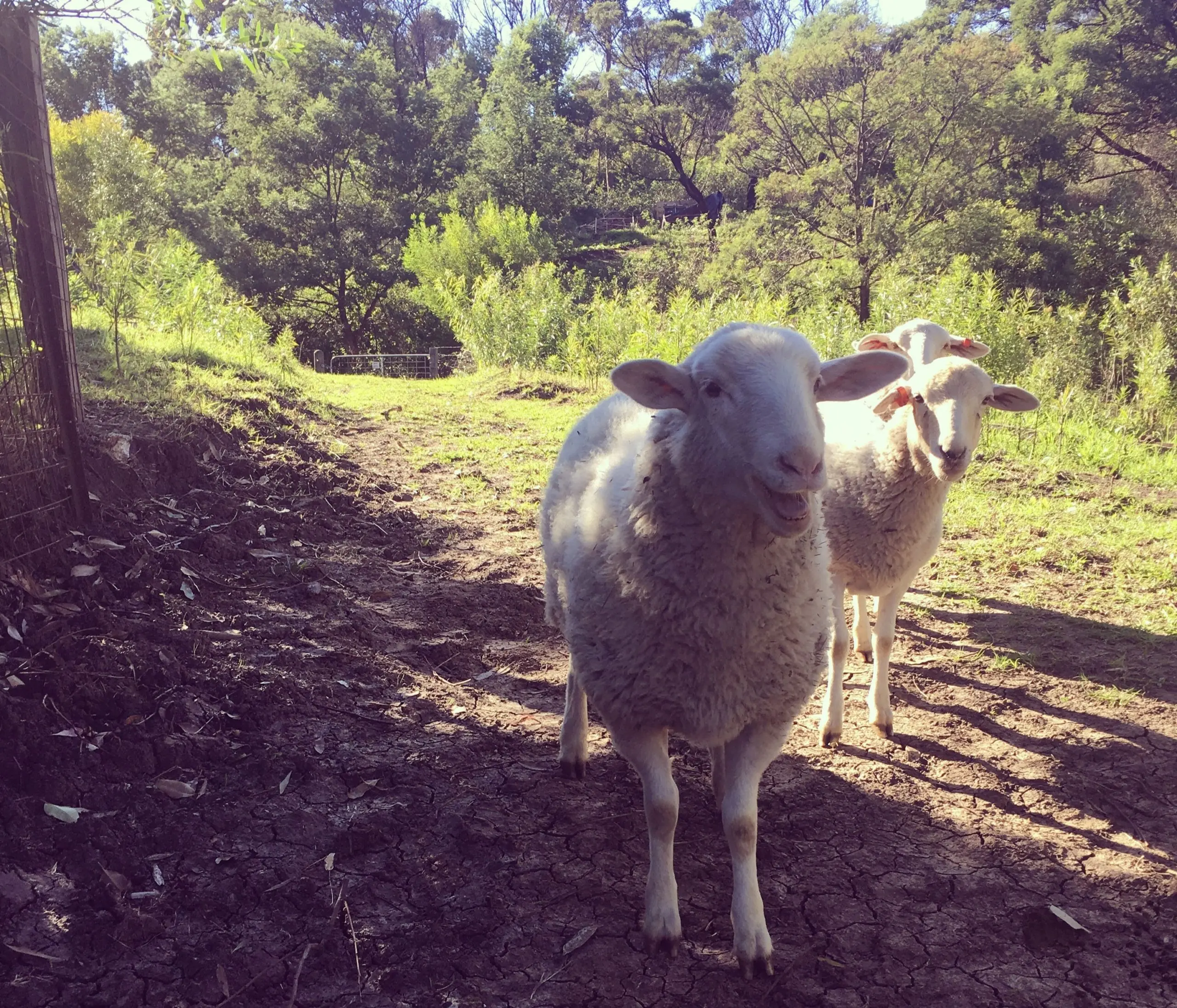
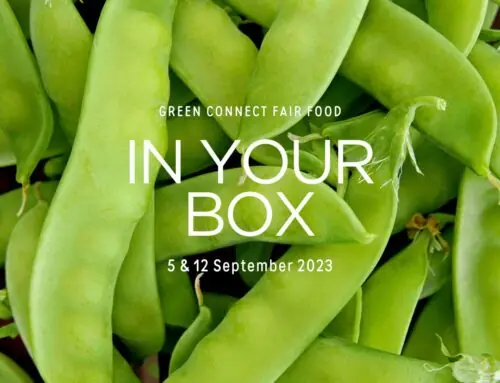
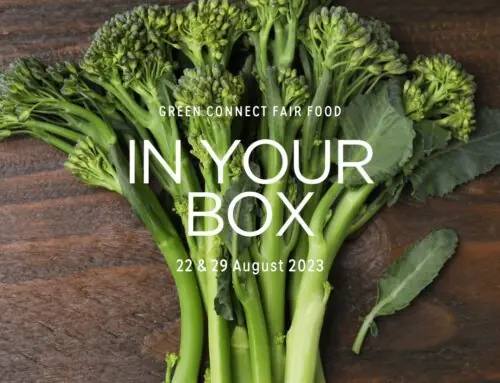
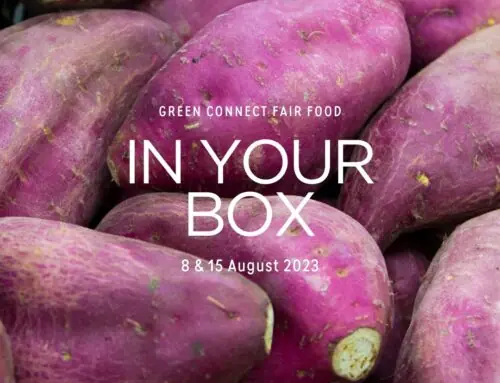
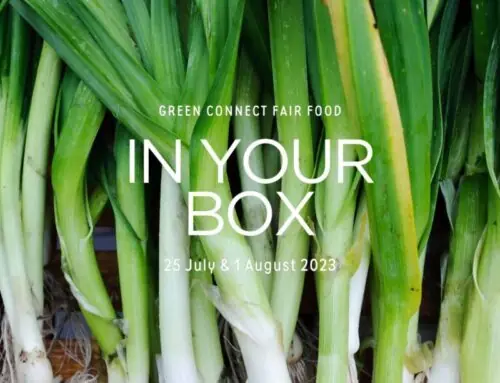
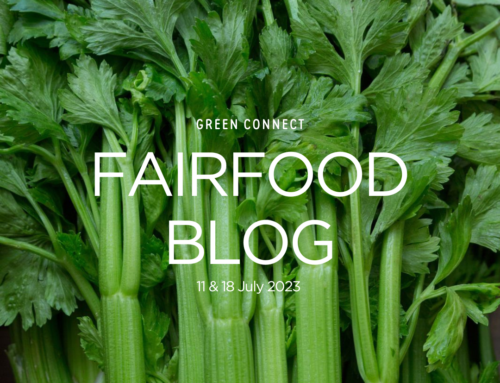
Leave A Comment
You must be logged in to post a comment.